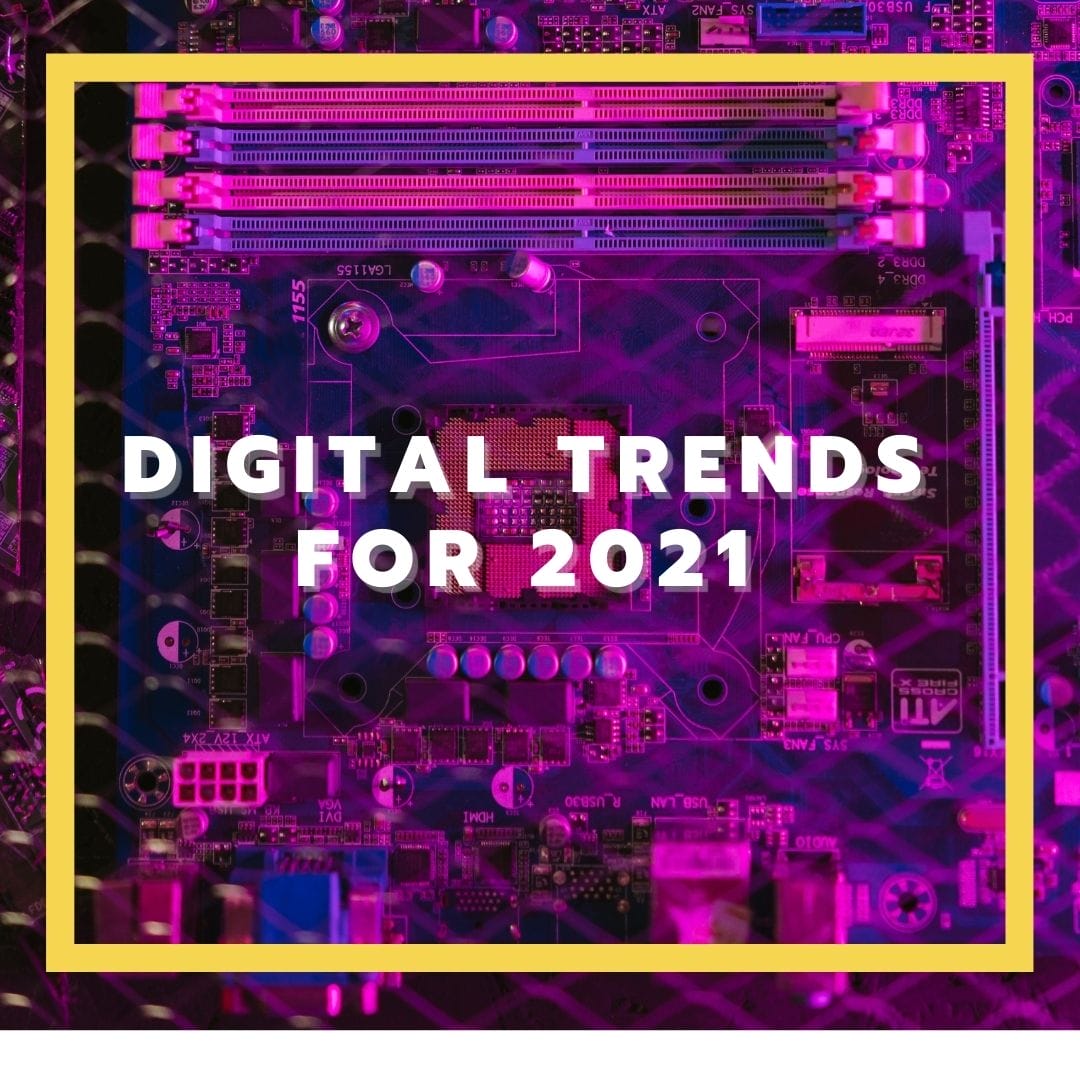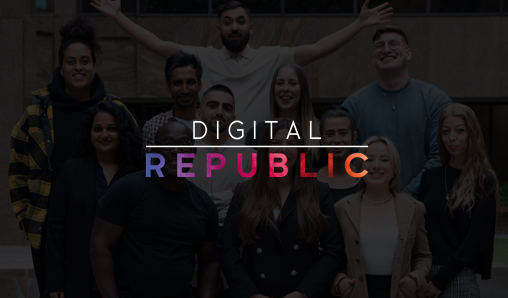If you enjoyed reading this article, you might find this post interesting as well.

Your Next Job Interview Might Be With A Robot
There has been a lot of talks about robots taking our jobs.
Estimates predict that the number of jobs lost to automation within the next decade could be a million in the U.S. alone.
But what about the new job opportunities they could create? Advocates say that the number of positions created by technological developments will far outweigh those taken away.
The recruitment industry is front and centre to that disruption from automation.
Increasingly, employers are using robotics to speed up the recruitment process and free up hiring managers’ time for more complex tasks, while removing human biases that can hold back some applicants. In fact, today, nearly all Fortune 500 companies are using some kind of automation to enhance their hiring processes.
Recruiting platform Triplebyte is one company aiming to do that on behalf of San Francisco Bay tech giants like Apple and Coinbase. It uses “background-blind” artificial intelligence programs to test and perform initial online interviews with software engineers, who are then matched up with positions most relevant to their skills.
Harj Taggar, Triplebyte’s CEO and co-founder, claims that opens up opportunities to a more diverse pool of candidates who may not fit the typical Silicon Valley credentials sought by human recruiters.
“The effectiveness of (human) recruiters is going down because recruiters are all chasing after the same pool of people,” Taggar told CNBC Make It.
There’s a significant percentage of people who can make it as software engineers, but there aren’t hiring processes in place to attract them, said Taggar, who worked for five years at U.S. seed accelerator Y Combinator before founding Triplebyte.
Triplebyte’s placement rate seems to reflect that too. The number of candidates who successfully secure job offers through Triplebyte is 40 percent, versus the industry average of 20 percent.
Jeremy Phelps is one such candidate. The 39-year-old self-taught software engineer wound up working a string of low paid jobs, including at a pizza delivery business and fast-food chain McDonald’s, when he found himself unable to meet the application requirements for any technical jobs.
But when he stumbled across the Triplebyte coding quiz online one day, he performed well and was invited to interview at a series of San Francisco tech companies. He ultimately accepted an offer for a software engineering role at grocery delivery service Instacart and relocated to San Francisco Bay.
“We’re targeting those who think they are the best engineer at their company, i.e. the IT consultant at a local Walgreens, who wants to work at Apple or Dropbox, ” said Taggar.
Triplebyte is not alone in this. A plethora of tech start-ups has built algorithms to help employers improve their recruitment processes, including automated interviews and more inclusive job descriptions.
“More and more employers are jumping on the AI bandwagon to enhance their recruitment efforts — and with good reason,” Amanda Augustine, an employment expert at careers advice site TopResume, told CNBC Make It.
“When used appropriately, AI-powered recruitment tools can help to reduce or eliminate bias, improve the candidate experience, decrease time to hire, and lower future turnover,” she said.
It seems employees appreciate the transition too. According to a 2017 study from global recruitment firm Randstad, 91 percent of U.S. job candidates said they believed technology, AI included, has made applying for jobs more efficient. Respondents also said they felt more respected and engaged in the recruitment process after receiving automated updates.
However, the recruitment industry will have to be careful to strike the right balance between using technology to open up new doors for workers while not closing them to others, Augustine noted. Earlier this year, hundreds of companies — including Amazon and Ikea — faced a class-action lawsuit over allegations that their use of targeted job ads on Facebook discriminated against job-seekers in their 50s and 60s.
“While this micro-targeting may seem like a good idea for companies who are promoting a product or service to a certain demographic, objectivity gets a little murky when it comes to recruiting,” said Augustine.
“Balancing the benefits of tech (like on-demand communications) with the personal touch of a seasoned recruiter gets the best outcome,” added Alan Stukalsky, a chief digital officer at Randstad North America.
Originally posted by Karen Gilchrist.




